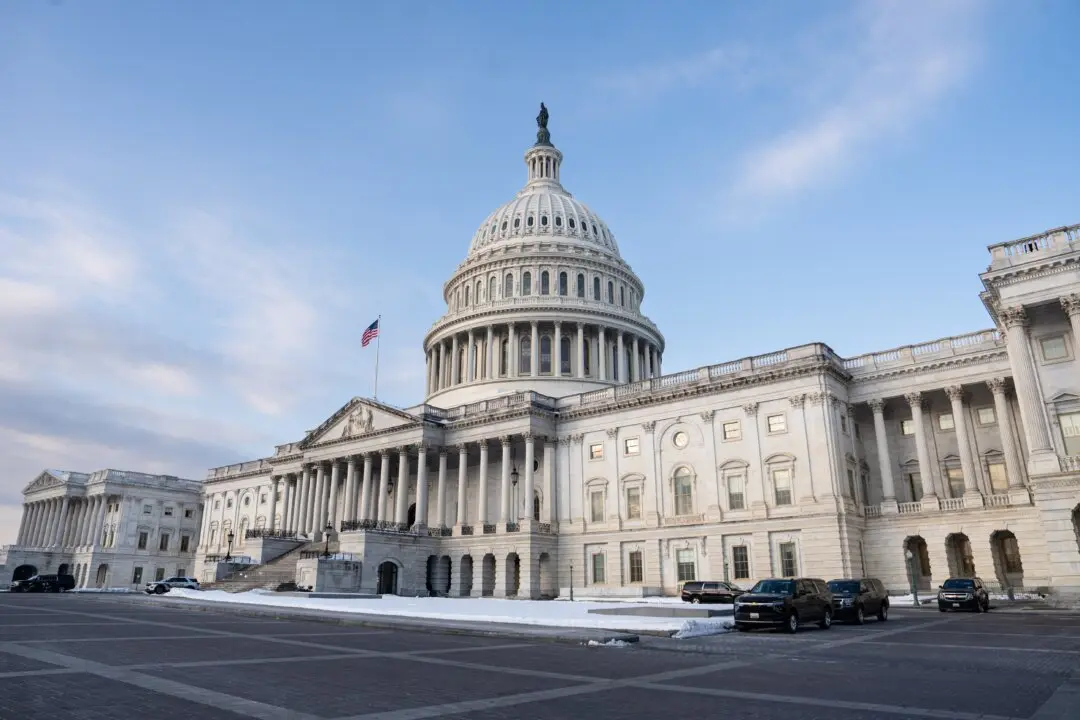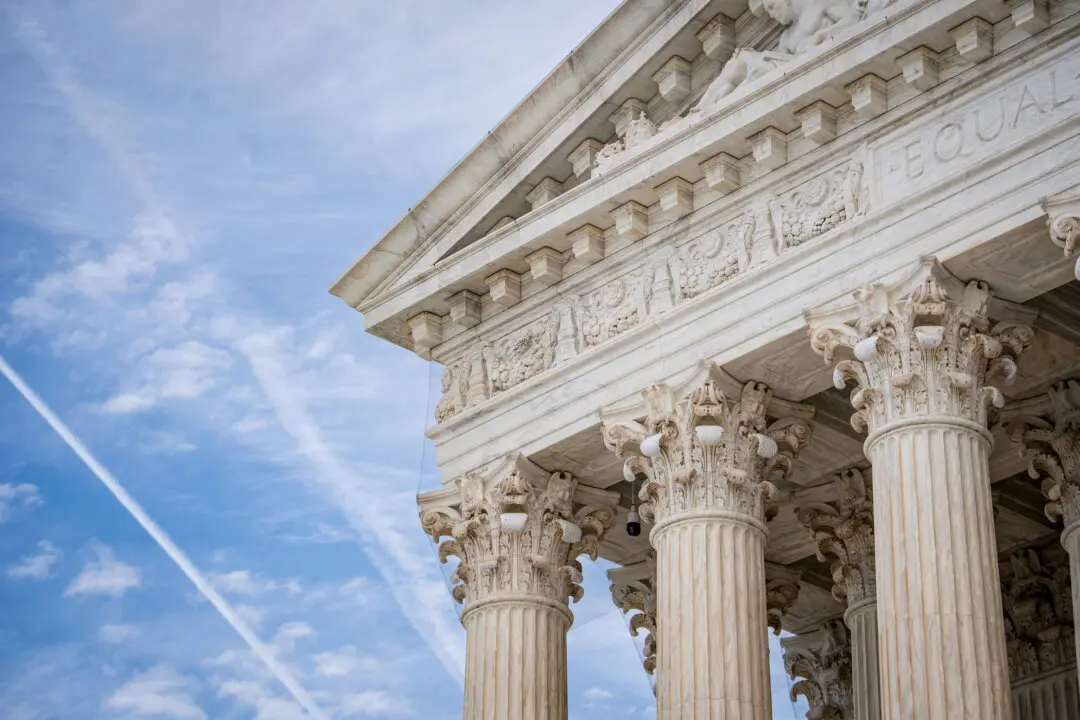Rep. Rodney Davis (R-Ill.) has criticized the House sergeant-at-arms and the Capitol’s attending physician for their “phased” approach to reopening the U.S. Capitol building after two years of closure.
House Sergeant-at-Arms William J. Walker and Capitol physician Brian P. Monahan said in a March 23 memo announcing the reopening: “We are pleased to announce that on Monday, March 28, 2022, public tours of the Capitol will resume with a limited number of Member-led, staff-led tours and school groups.





